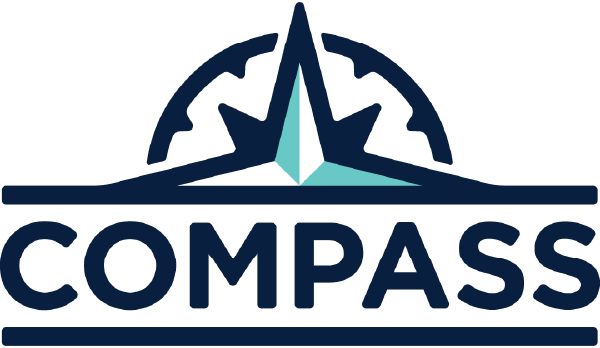National Foster Care Month: A Focus on Kinship Care
Sarah knew that her daughter was struggling. Ever since her boyfriend disappeared and left Nikki with the baby, she had been spiraling downhill quickly. Sarah had suspicions that Nikki’s new boyfriend was a drug dealer, but that was not confirmed until just recently. Sarah received a phone call late one night from a police officer asking if she would be willing to take in her grand baby, Ali. Nikki was going to jail for possession and intent to distribute meth. They were testing Ali for exposure. Sarah’s heart sunk. Although her worst fears were confirmed, she couldn’t stand the thought of Ali going to live with strangers. Sarah said yes to fostering her 4 month old grand daughter, Ali.
A few hours later, a case worker came to Sarah’s house. Ali slept in her car seat through the hour and a half of paper work, waking just as the sun was rising. It was going to be a long day, Sarah thought to herself. She called in to work, knowing it would be awhile before a daycare could be located for Ali. Sarah loved caring for her grand daughter and looked forward to seeing her significantly more than she had been recently. Ali didn’t come with clothes or diapers, so Sarah needed to go to the store to get all of these things, plus formula, bottles and some baby toys and blankets. The costs were just beginning to add up. Sarah knew that she would receive a stipend from the state, but last night the case worker said it would be only $20 per day. Sarah had already spent at least two week’s worth of that in the first twelve hours.
Relative or kinship care is when a relative or friend is called to care for a child when the need for foster care arises. In Nebraska, this type of care is rising rapidly, with over 50% of Nebraska’s wards being placed with a relative or kinship provider as of December 31, 2020. When children are placed with someone they know, they tend to have better outcomes. For this reason, DHHS has been increasing an emphasis on this type of placement. However, relative or kinship providers frequently have a lot of barriers to overcome and are not prepared for the children in their home. While Nebraska reimburses kinship and relative care at the same rate as licensed homes (some states do not), these providers often need beds, clothing, and other supplies that licensed homes already have in place. Additionally, kinship or relative providers are required to become approved within a very short time period, in addition to caring for the new children and meeting several demands of DHHS. This can all be very overwhelming.
Fortunately, Compass is able to provide support to relative and kinship homes just like we do for licensed homes. They have the same access to Foster Parent Night Out, Placement bags and respite support that our licensed homes do. Additionally, Compass can help provide financial support to offset the initial costs. Children are able to remain in these ideal placements because of the support of donors and volunteers. Currently, Compass is supporting about 20 kinship/relative homes in central and southwestern Nebraska.
Another way that these homes are supported is through CarePortal. Case workers can enter the needs of the home into CarePortal where community and church members can find out about the need and volunteer to help. Learn more about CarePortal here!
For more information about becoming a foster parent or other ways to get involved, contact us! Email or call Kelley at 308-237-4085 or Kelley@COMPASSnebraska.org.
Written by Savannah Lyon, Compass Foster and Adoptive Parent




